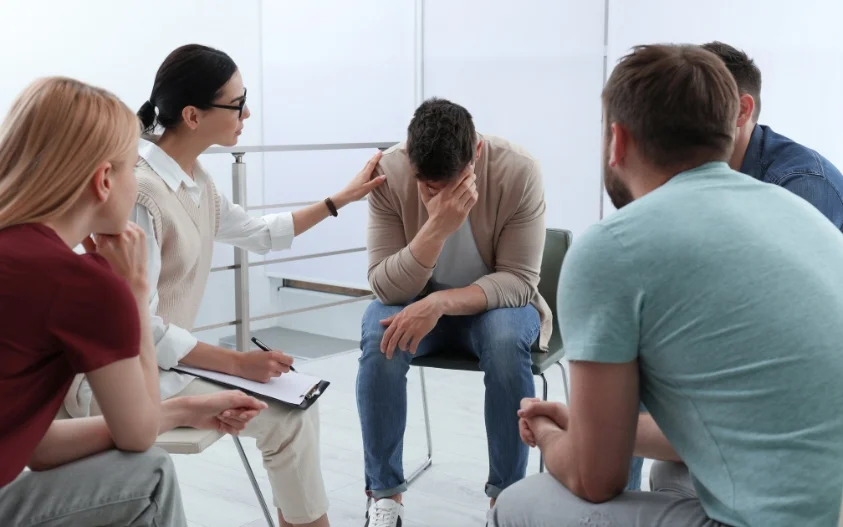24/7 Helpline:
(866) 899-221924/7 Helpline:
(866) 899-2219
Learn more about Inpatient Rehab centers in Blaine County

Other Insurance Options

Private insurance

Magellan Health
Beacon

Optum

Kaiser Permanente

Amerigroup

Sliding scale payment assistance

Sutter

United Health Care

Medical Mutual of Ohio

Ambetter

GEHA

Self-pay options

WellCare Health Plans

MHNNet Behavioral Health

Group Health Incorporated

PHCS Network

Regence

UMR

Meritain

Red Rock Behavioral Health Services
Red Rock Behavioral Health Services is a private rehab located in Watonga, Oklahoma. Red Rock Behavi...






















































YouthCare of Oklahoma
YouthCare of Oklahoma is an outpatient clinic that provides mental health and substance use treatmen...




















